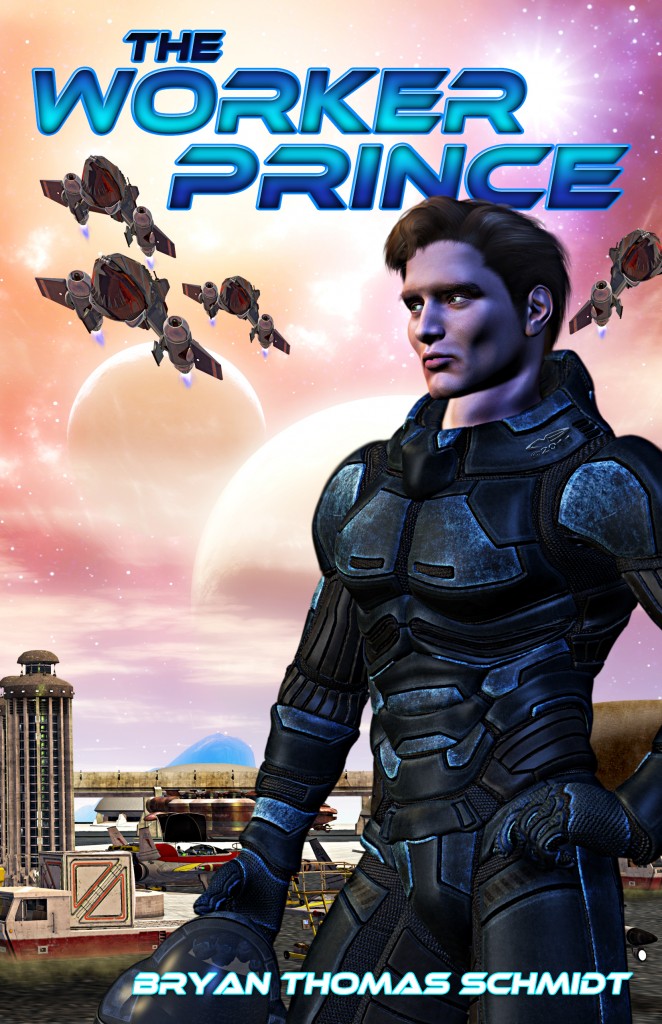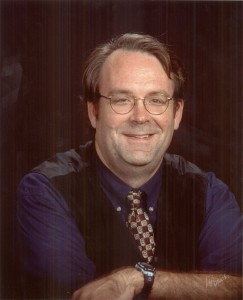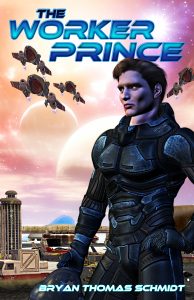Research, hate it or love it, is something every speculative fiction writer must deal with at one time or another. Most deal with it often. Research is an easy thing to neglect for many reasons. Above all, it’s usually less fun than writing and creating and it’s time consuming. Still, research is necessary. Here are ten mistakes writers make with research. Consider the costs of making them yourself.
1) Skipping the research. I don’t need no stinking research. Mistake number one. You may be able to fudge some things, especially in science fiction stories set in worlds far distant from our own, for example, but in your historical fantasy, your contemporary urban fantasy or your medieval epic fantasy, you’d better know the facts. If you don’t, readers will and they’ll be unhappy you didn’t care enough to make sure you did. In any world building or story crafting where facts and details readers could know or research are required, research it yourself. Know what you’re talking about. That’s usually impossible without research.
2) Relying on novels by other genre writers. How do you know Terry Goodkind or Patrick Rothfuss got it right? Where did they get their facts? People make up inaccurate facts all the time and write them into their novels. (I am not saying Goodkind and Rothfuss did. I have no such examples. Just using them as examples.) There’s nothing worse for fantasy fans than reading another stereotypical novel set in a stereotypical fantasy world that gets it wrong. Don’t trust anyone but yourself to do the research and do it well, unless you can afford to pay a research assistant, in which case, be sure and hire a trustworthy one.
3) Using only one source. How do you verify facts? Check them against multiple sources. Don’t assume the source you are using has it all right. Check their facts against other sources. The internet is a great resource as are libraries. You can find multiple resources on almost any topic you’d want to research. So make use of that and be sure you’ve got it right.
4) Researching only when and what they have to. To a degree, you only need research for a science in your science fiction, so to speak. But that doesn’t mean you should stop there. How do you know your world makes sense geographically? How do you know the dietary patterns and plants you place in various locations are correct for the climate or environment? Who cares? Informed readers, that’s who, and all it takes is one to blow the whistle and cause other readers to doubt you. Once they doubt you, they have trouble trusting the stories you tell and if they can’t suspend disbelief, your science fiction and fantasy can’t succeed very well. So research details whenever you can. Even if you’re not sure they’re important. This doesn’t mean you need to research every word, of course, but play detective and ask yourself what you can research to make your story better and more skeptic-proof and true to life and then get busy.
5) Using questionable sources. Just as one source may or may not be reliable, the validity of any source must be verified. A good sign is when you use sources commonly used by many other people. You can also check data about the author and publisher. And you can find reviews and evaluations as well. There are many ways to check the sources, even comparing them to other respected sources to see how they compare. If you find one source that says “it happened like this,” and no other source agrees, perhaps that little factoid might not be the best one to put in your story.
6) Thinking every iota of research must be in the novel. Info dump and listen for the thump as readers drop your book on the floor. They may never pick it back up again, either, so don’t make this mistake. In world building, you have to know everything but your readers don’t. Neither do your characters. Include what’s necessary to tell the story and make the world come alive and leave the rest for a sequel or your files. The point of researching wasn’t to add fluff to your novel but knowledge to your head. The more you know, the smarter you write. And smart writers don’t info dump.
7) Making stuff up without checking. Making something up is part of fiction writing, yes, I get that. But if you make something up which actually exists and the facts are wrong, you’ll look foolish. And nothing turns off a reader more. Make sure that things you invent don’t exist before you put them in your story and make up facts or science to explain them.
8 ) Including research that’s hard to understand. Just because you understand it, doesn’t mean your reader will. If you think the story needs it, make sure the research is explained well when you write it in. Quoting scientific jargon from your sources is one way to blow it. Put it in simple, every day language so readers of all backgrounds will get it. Include only what’s necessary and forget the rest. Tom Clancy used to spend page after page describing weapons in intimate detail. If his books hadn’t been so compelling, readers would have left. Instead, they just jumped ahead. His books sold, so he kept doing it, but unless you’re a bestseller, don’t count on getting away with it. Explain it simply, fast and well, then move on. It’s the same as anything else in your prose, communicating with the reader is the goal. If you don’t do it well, your work won’t succeed. So first, make sure you understand it well before you write it, then write it as if you’re explaining it to a child.
9) Underestimating readers’ expectations. A lot depends on the genre and subgenre, of course. Space opera fans and hard SF fans have different expectations. But don’t make the mistake of assuming since you don’t know, readers won’t either. I struggle with this myself. Research is one of my least favorite past times, but when someone comes along who knows better, the illusion is blown and it can turn off fans and readers in droves once word spreads. Take the time to be informed so you can inform your readers. Assumption is the mother of all screw ups, they say. Don’t assume your readers aren’t smarter or more informed than you are. Most often they are.
10) Rushing through research. As the other 9 points prove, research takes time. Just like writing prose does. While you probably shouldn’t include time spent researching toward your writing word count goals, you should set aside quality time for research. How much you need depends on what you’re researching, how much you already know about it, the subgenre, genre, and many other factors. But research, when done, should be done right, like anything else. It’s an element of craft and quality writing as with anything else done to complete your novel. Treat it accordingly and don’t rush it. Research is just as much a part of the writing job as creating prose and thinking up ideas are.
Well, there’s ten common mistakes speculative fiction writers make in regards to research. I’m guilty. What about you? And do you have other suggestions? I’d love to hear them in the comments below.
For what it’s worth…
 Bryan Thomas Schmidt is the author of the space opera novel The Worker Prince, the collection The North Star Serial, and has several short stories forthcoming in anthologies and magazines. His second novel, The Returning, is forthcoming from Diminished Media Group in 2012. He’s also the host of Science Fiction and Fantasy Writer’s Chatevery Wednesday at 9 pm EST on Twitter, where he interviews people like Mike Resnick, AC Crispin, Kevin J. Anderson and Kristine Kathryn Rusch. He can be found online as @BryanThomasS on Twitter or via his website. Excerpts from The Worker Prince can be found on his blog.
Bryan Thomas Schmidt is the author of the space opera novel The Worker Prince, the collection The North Star Serial, and has several short stories forthcoming in anthologies and magazines. His second novel, The Returning, is forthcoming from Diminished Media Group in 2012. He’s also the host of Science Fiction and Fantasy Writer’s Chatevery Wednesday at 9 pm EST on Twitter, where he interviews people like Mike Resnick, AC Crispin, Kevin J. Anderson and Kristine Kathryn Rusch. He can be found online as @BryanThomasS on Twitter or via his website. Excerpts from The Worker Prince can be found on his blog.
3 5-star & 8 4-star reviews THE WORKER PRINCE $3.99 Kindlehttp://amzn.to/pnxaNm or Nook http://bit.ly/ni9OFh $14.99 tpb http://bit.ly/qIJCkS.







